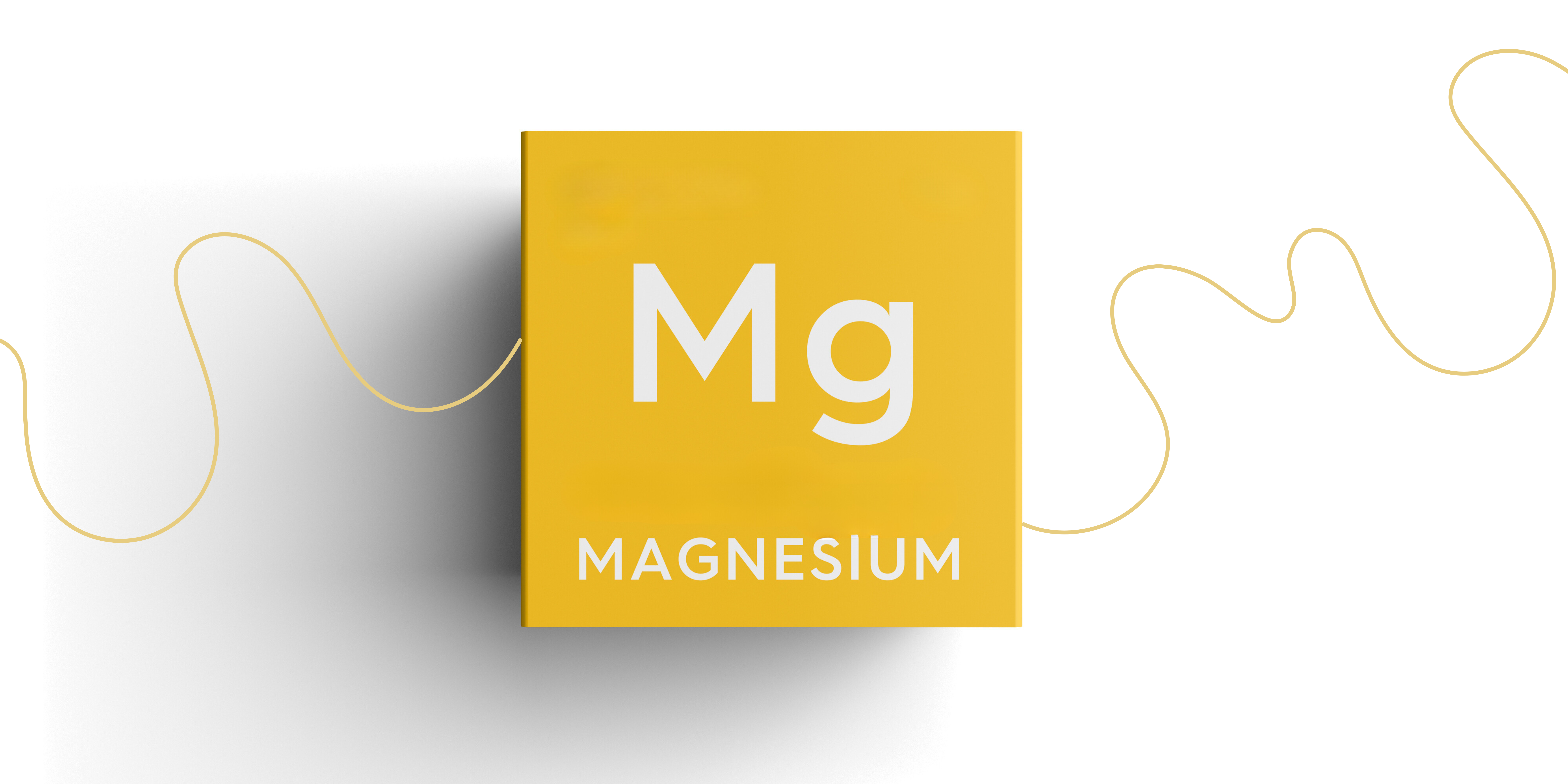One in every five women experience a mental health disorder, including anxiety and depression. In fact, women are 7% more likely to experience mental health problems when compared to men.
And mental health isn’t a standalone entity when it comes to a person’s overall health. Individuals with declining mental health are 37% more likely to also have long-term physical health issues. The mind-body connection is no joke.
So, let’s explore this topic a little further. What happens to a woman’s gut, menstrual, and overall health when her mental health is on the decline? How does your diet and physical health impact your mental health? And what can you do about it?
The Female Mind-Body Connection
In recent decades, scientists, doctors, and researchers alike have begun to explore how the mind and body are connected.
Why does someone who feels anxious experience nauseousness? Why does a woman who is more stressed struggle with infertility? Below, we explore this in more detail.
Mental Health & Your Gut
According to Harvard Health, your brain actually has a direct link to your gut, causing certain feelings to trigger gastrointestinal distress. It’s the same reason why when you think of eating food, your stomach releases the necessary juices before that food has even touched your lips.
Stress, anxiety, and depression can all lead to less-than-desirable gastrointestinal side effects, such as loose stools, heartburn, and diarrhea — and vice versa. Poor gut health, such as a lack of good probiotics to balance out good gut bacteria, can also impact your mental health.
Mental Well-Being & Pregnancy
Some infertility researchers believe that a cognitive-behavioral approach may help improve some individuals and couples’ fertility situations. Studies show that preconception stress can increase infertility, and that shorter menstrual cycles may make getting pregnant difficult.
Low omega-3 fatty acids, including DHA and EPA intake, can also increase a woman’s risk of postpartum depression. On the other hand, research shows that obtaining adequate vitamin D , riboflavin, and omega fatty acids can help prevent postpartum depression.
Meanwhile, mental health issues can further create problems during pregnancy, such as low birthweight, miscarriages, pregnancy complications, and more.
Mental Wellness & Aging
Elevated stress is associated with premature aging, impacting cognitive performance and increasing inflammation. In fact, mortality rates are significantly higher in those experiencing mental health disorders than those who don’t, giving way to even more reasons why taking care of your mental well-being is important.
Can Your Physical Health Impact Your Mental Health?
The simple answer: Yes!
When you have physical health problems, you are more likely to develop mental health issues as well.
If you’re not getting the nutrients your brain and body need, inevitably, your whole health will suffer. WebMD even states that certain nutrient deficiencies can lead to poor mental health, such as low levels of the B vitamins and low levels of vitamin D.
Some early warning signs of unhealthy mental cognition include:
- Poor concentration abilities
- Difficulty paying attention
- Increased worry
- Indecisiveness
- Less interest in daily activities
- Low mood
- Feeling easily overwhelmed
How to Boost Your Mental Health
If you’re concerned about your mental health or you simply want to ensure you stay on track when it comes to your mental wellness, we have a few tips including:
- Socializing regularly
- Seek out professional help
- Stay physically active
- Practice gratitude.
- Try relaxation techniques, such as deep breathing practices or meditation
- Prioritize your sleep
- Engage in activities that give you meaning and purpose
- Eat a brain-healthy diet, including plenty of vegetables, omega-3s (salmon or other fatty fish are high in these!), fruits, and more.
On top of this, you may benefit from supplementation, including healthy brain supplements like Algae DHA, gut-healthy supplements such as Advanced Probiotics, and Women’s Everyday Complete. You may also want to consider trying Life Nutrition’s Sleep Tonight product to deepen your sleep and enhance relaxation through natural herbal ingredients. Finally wake up feeling refreshed!
At the end of the day, taking care of yourself is important. And sometimes, it’s okay to put yourself first (in fact, you should!). As women, we wear the hats of mother, daughter, sister, friend, wife, and more, especially if you have a career you’re passionate about. To give your best, you have to feel your best. So, go ahead and start with you!
.png)
.png)





Comment